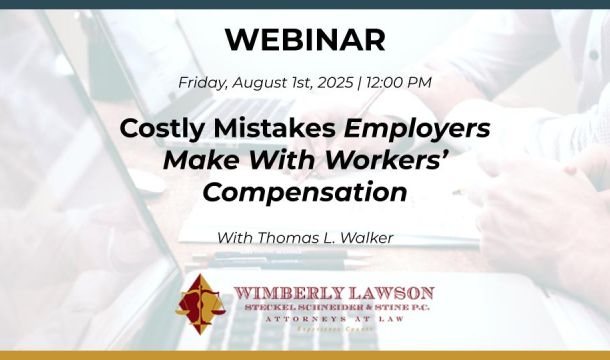Calling ICE on an Undocumented Worker Who Has Filed an FLSA Claim May Be Unlawful Retaliation
An attorney in California learned that the tactic of calling ICE (Immigration and Customs Enforcement) on undocumented workers who have filed FLSA wage-hour claims against his clients (1) is unlawful retaliation under the FLSA and (2) that he can be sued for retaliation for making those calls, even though he is not the employer of those workers. That's right—those workers can sue the attorney personally. If that doesn't get the attention of attorneys practicing wage-hour law, I don't know what will.
In Arias v. Raimondo (9th Cir., No. 15-16120, 6/22/17), the U.S. Court of Appeals for the Ninth Circuit held that the FLSA prohibits retaliation by "any person," not just the employer. In this case, Jose Arias had proof that Anthony Raimondo, the attorney for Angelo Dairy, called Immigration and Customs Enforcement on at least five occasions when workers brought wage-and-hour claims against his clients. Arias also claimed that Raimondo used the tactic to force Arias into settling his wage-and-hour case against Angelo Dairy. So Arias sued Raimando for retaliation. Raimando claimed that he could not liable to Arias for retaliation because he was not his statutory employer, and the Ninth Circuit Court of Appeals disagreed. The "distinctive purpose" of the FLSA anti-retaliation provision is to allow workers to avail themselves of their rights, the court said. That purpose wouldn't be served if it has to be the employer engaging in the retaliation, it said.
Advocates for workers see this as an added layer of protection from retaliation for undocumented who challenge employer wage-hour policies under the FLSA.
What does this decision mean for employers? Making threats of deportation to undocumented workers who have filed FLSA claims is not a lawful bargaining tactic when trying to resolve claims or lawsuits. Moreover, an employer cannot use others, such as its attorney, to do indirectly what it cannot do directly, at least in the states encompassed by the Ninth Circuit (California, Alaska, Arizona, Hawaii, Idaho, Montana, Nevada, Oregon, Washington).
Pro tip: Undocumented workers who work in the United States are entitled to protection under federal wage/hour and federal anti-discrimination laws, which means that their undocumented status is generally not a defense to liability under those statutes (although it may affect the measure of damages available).

Kathleen J. Jennings is a former principal in the Atlanta office of Wimberly, Lawson, Steckel, Schneider, & Stine, P.C. She defends employers in employment matters, such as sexual harassment, discrimination, Wage and Hour, OSHA, restrictive covenants, and other employment litigation and provides training and counseling to employers in employment matters.
Related Content
Get Email Updates
Recent Content

How to Audit Employment Discrimination Laws Compliance

TPS Update (As of 6/17/2025)

TPS Designation for Honduras and Nicaragua Automatically Extended, But the Date is Uncertain

President Trump Discourages Criminal Enforcement of Agency Rules

Supreme Court Suggests Trump Can Fire Agency Heads without Cause
